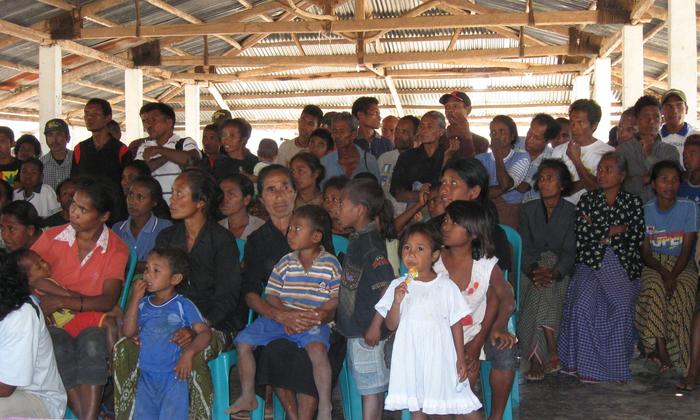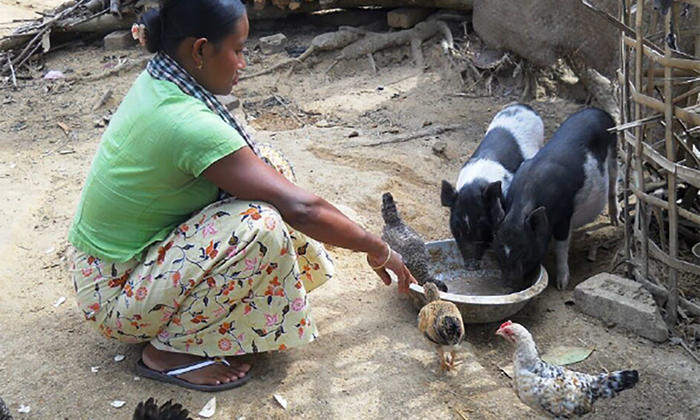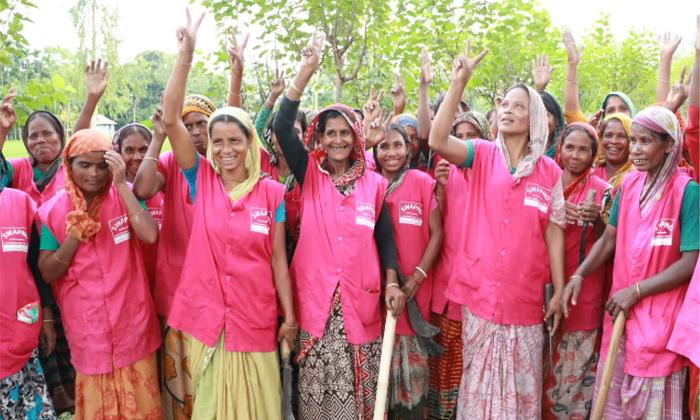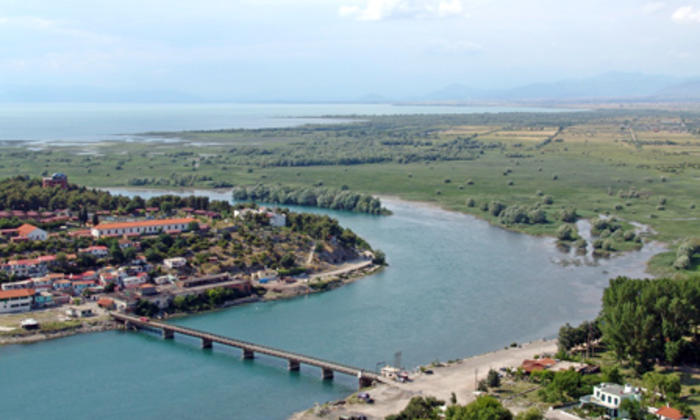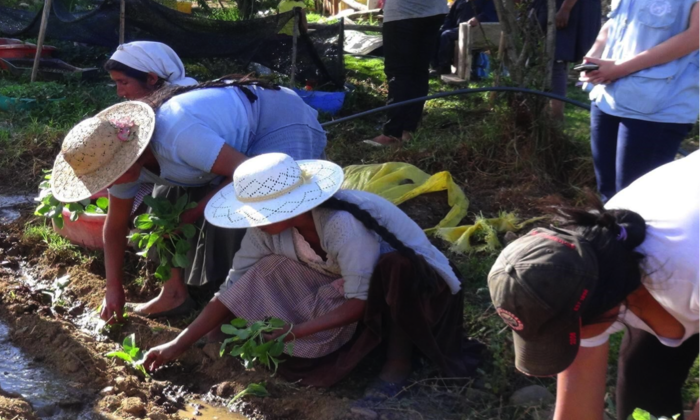Case study
Youth in Organic Agriculture in Vanuatu

SDGs ADDRESSED
This case study is based on lessons from the joint programme, Youth in organic agriculture in Vanuatu: A Farm to Table Chain Approach
Read more
Chapters
Project Partners
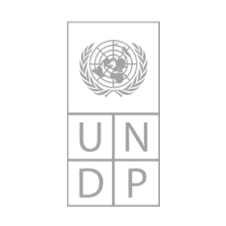
1. SUMMARY
The SDG Fund joint programme helped promote the uptake of organic certification in Tanna island, Vanuatu through the formation of Participatory Guarantee Systems. With technical assistance from Farm Support Association, Vanuatu Organic Certification Committee and POETCOM/SPC, the programme promoted organic certification under “Organic Pasifika” mark, working together with Tanna Coffee, Lapita Café Vanuatu and Nasi Tuan.
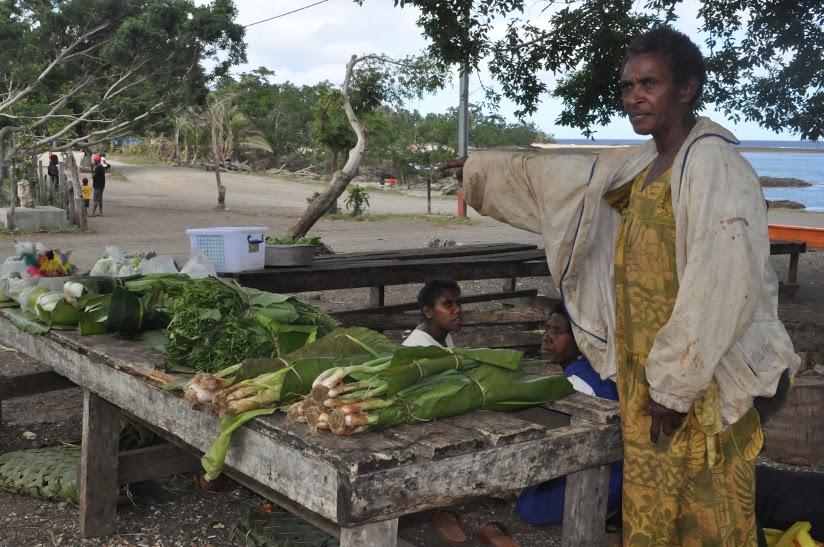
Participant of the programme
2. SITUATION
With small populations, remote locations and long distances to markets, and vulnerability to natural hazards, extreme weather events and climate change, Pacific Small Island Developing States (PSIDS) like Vanuatu face complex challenges in achieving the SDGs. An archipelago located in the “Pacific Ring of Fire”, Vanuatu’s population of 270,000 is spread across 65 inhabited islands. Agriculture and agro-food value chains, in particular, copra (the dried meat or kernel of the coconut), cocoa, kava, beef and coffee production are key drivers of the local rural economy and livelihoods.
3. ESTRATEGY
The practicing of organic agriculture is recognized as a means to promoting long-term agricultural sustainability, soil conservation and climate change resilience of agriculture and livestock systems through effective eco-system management. The programme focused on strengthening existing value chains and creating access to new markets by promoting organic certification of farmers and products through Participatory Guarantee Systems. Through the framework of their stakeholder structure – including farmers and consumers – these local network-based quality assurance systems can provide a credible, accessible and lower-cost alternative to third-party certification.
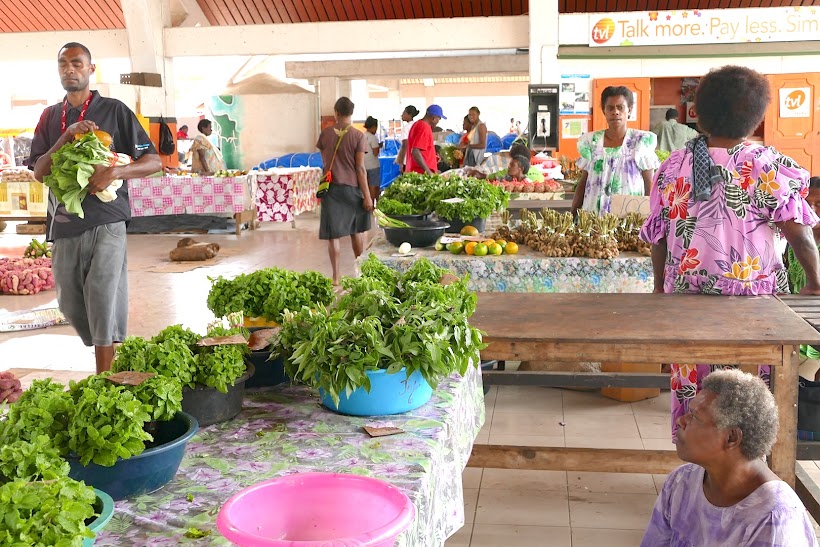
Port Village’s Market
4. RESULTS AND IMPACT
The programme reached more than 3,000 farmers, while also providing access to tools and small pieces of equipment such as water tanks and wheelbarrows. Semi-subsistent and smallholder farmers, including women and youth, were taught to intercrop with island cabbage, kava, maize, manioc, sandalwood and taro to help avoid the negative effects of monoculture/cash-crop production, while allowing diversification in farming families’ diets, livelihoods and revenue streams.
The certification process promoted greater attention to quality control among programme partners, including local companies, NGOs and farmers, who recognized the benefits of a holistic approach to agriculture over a focus on a single crop. The programme promoted South-South cooperation through knowledge sharing and exchange with Solomon Islands and scoping of new market opportunities in New Caledonia. While still early days, programme partners have reported increased sales, including to hotels in the “organic tourism” sector in Vanuatu, and increased access to foreign markets, where organic certification is requisite.
At a national level, recognizing the importance of agricultural sustainability, the Government of Vanuatu will be one of the first in the region to promulgate its organic policy in early 2019 (TBC). It will be closely aligned with the government’s established priorities on food security and healthy eating/prevention of Non-Communicable Diseases. The joint programme in Vanuatu facilitated and strengthened linkages between the banks together with UNCDF to ensure a robust exit strategy, promoting access to finance for the rural poor and “unbanked”.
Drawing from the experience in the Caribbean SIDS, climate risk insurance for farmers will be piloted by combining an SMS-based early warning system and satellite technology for remote verification in case of losses due to extreme weather events; for smallholder farmers, such “alternative collateral” can be accepted by financial institutions as leverage to access finance.
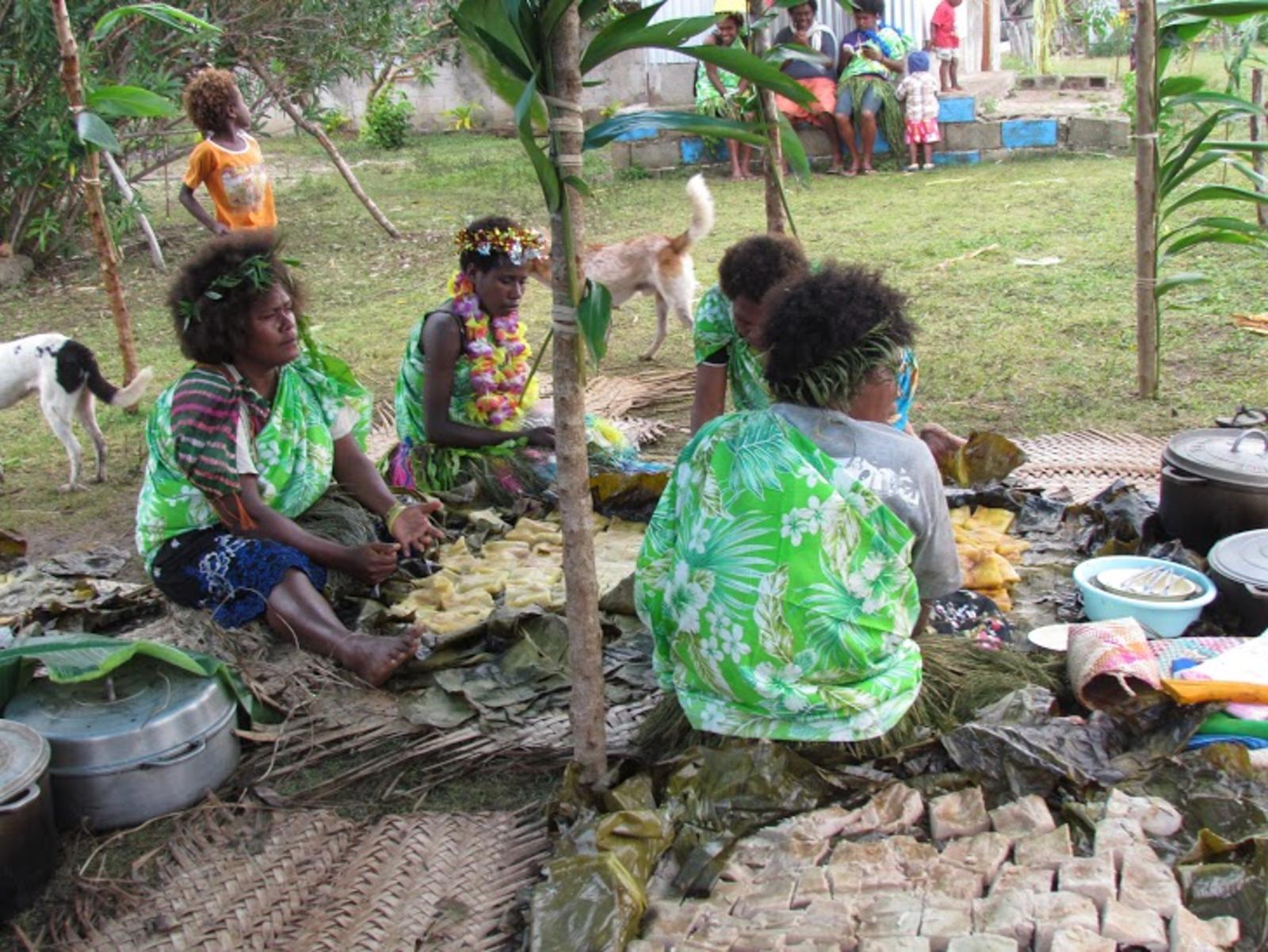
Beneficiaries of the programme
5. CHALLENGES
Challenges that still need to be overcome include: lack of awareness about organic practices and products by the industry, government and general public; strict requirements and costs of certification; a three-year required transition period from conventional to organic production (during which “transition crops” cannot be certified); unscrupulous use of “organic-branded” marketing practices for non-organic products; and proliferation of providers of organic standards and certification.
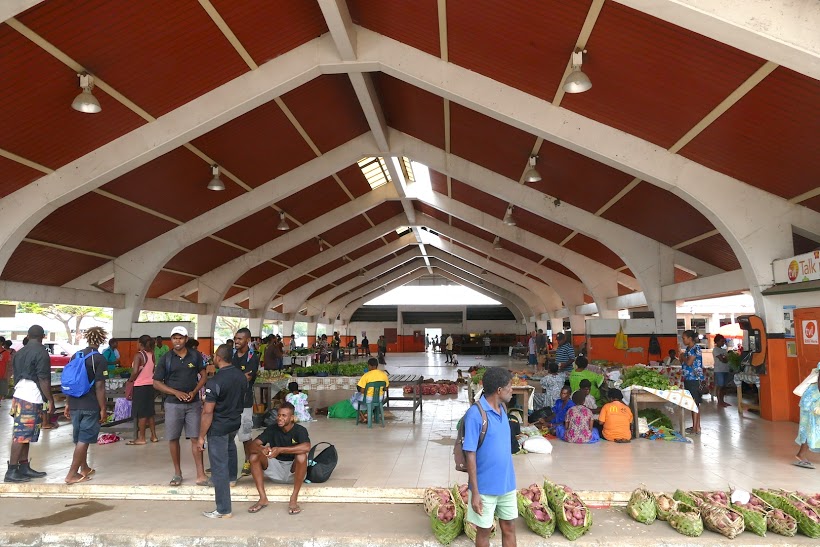
Port Village’s Market
6. LESSONS LEARNT
The local context for implementing approaches such as organic certification must be carefully considered. In Tanna island, Vanuatu, fertile volcanic soils rich in nutrients - including nitrates and phosphates - mean that subsistence farmers with little means at their disposal have traditionally cultivated crops and vegetables without synthetic agrichemicals. Given the local cultivation practices, the programme was able to quickly operationalize Participatory Guarantee Systems.
The selection of local partners and the strong existing coordination between different local actors was also key to success. Working with local socially responsible companies, the programme supported the organic certification of products such as coffee, dry roasted peanuts, and cassava flour to the Pacific Organic Standard.
7. SUSTAINABILITY AND POTENTIAL FOR REPLICATION
Apart from the environmental benefits of organic production, organic certification can offer greater access to new markets, both at home and abroad. The success of this joint programme and potential for replication and sustainability are evident as local companies have indicated they will seek organic certification of other products using their own resources and through the Participatory Guarantee System methodology.

